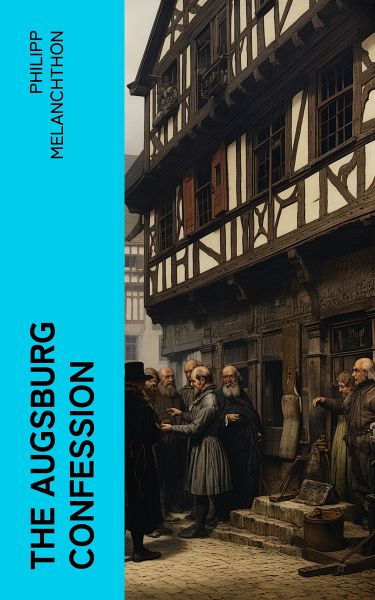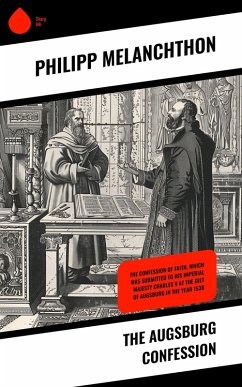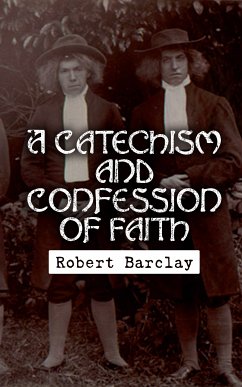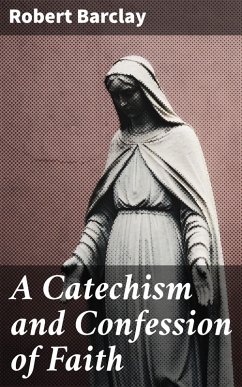
The Augsburg Confession (eBook, ePUB)
The confession of faith, which was submitted to His Imperial Majesty Charles V at the diet of Augsburg in the year 1530
Versandkostenfrei!
Sofort per Download lieferbar
1,99 €
inkl. MwSt.
Weitere Ausgaben:

PAYBACK Punkte
0 °P sammeln!
The Augsburg Confession is a book by Philipp Melanchthon. It presents the main confession of faith of the Lutheran Church, being one of the most significant records of the Lutheran Reformation.
Dieser Download kann aus rechtlichen Gründen nur mit Rechnungsadresse in A, B, BG, CY, CZ, D, DK, EW, E, FIN, F, GR, H, IRL, I, LT, L, LR, M, NL, PL, P, R, S, SLO, SK ausgeliefert werden.













